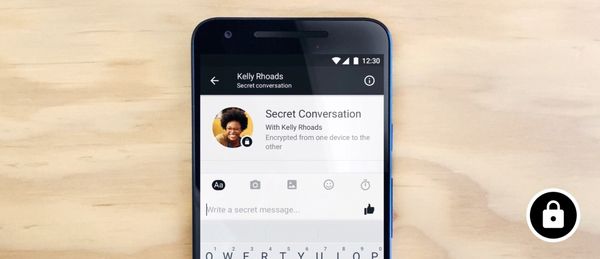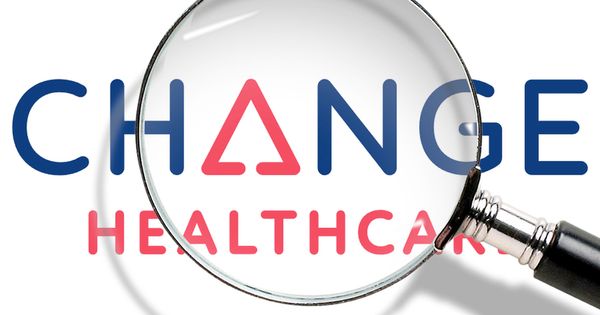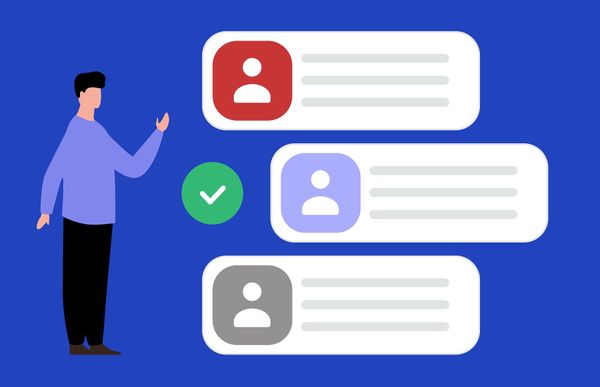Facebook Messenger gets opt-in end-to-end encryption with "Secret Conversations"

What’s happened?
As was widely forecast earlier this year, Facebook has begun to roll out end-to-end encryption for users of Facebook Messenger, following in the footsteps of the likes of Facebook-owned WhatsApp.
“We are starting to test the ability to create one-to-one secret conversations in Messenger that will be end-to-end encrypted and which can only be read on one device of the person you”re communicating with. That means the messages are intended just for you and the other person — not anyone else, including us. Within a secret conversation, you can also choose to set a timer to control the length of time each message you send remains visible within the conversation.”
Currently being trialled with some users is a new feature called “Secret Conversations”, which allows users to opt for a greater level of privacy when having sensitive conversations.
Can it be trusted to keep my sensitive conversations secure?
Facebook Messenger’s encryption is based upon the highly-regarded Signal protocol developed by Open Whisper Systems, and Open Whisper says it has verified that Facebook has completed the integration appropriately.
That should mean that no-one – including Facebook – can read the content of encrypted messages, apart from the owners of the two devices that are chatting to each other.
It sounds great to me!
Well, it’s a step in the right direction. But Secret Conversations are not enabled by default (unlike end-to-end encryption in the likes of other chat apps like WhatsApp, Signal or Apple iMessage.) Instead users will have to enable it on a conversation by conversation basis.
Why isn’t Facebook enabling Secret Conversations by default?
From the privacy point of view, it’s certainly disappointing. Facebook Chief Security Officer Alex Stamos used Twitter to post an explanation of why end-to-end encryption was not implemented by default:
Reason #1: [Facebook Messenger] is multi-device, and we’d like to see E2E usability improve to support this. For now, pick one device and keys never leave it
Reason #2: Secret conversations don’t currently support popular features like searching message history, switching devices, voice/video, etc
Reason #3: Hundreds of millions use Messenger from a web browser. No secure way to verify code or store keys without routing through mobile.
In short, Facebook believes that it would disrupt the experience of many Facebook users to enable end-to-end encryption by default. One would like to think that privacy would always win the day, but it’s clear that it’s not in the lead at the moment.
Of course, end-to-end encrypted messages are also out of reach of Facebook’s ravenous appetite to collect data about its users in order to target them more precisely with advertising.
If Facebook Messenger starts offering end-to-end encryption won’t that frustrate law enforcement agencies?
Yes.
Won’t governments and police kick up a stink as over a billion Facebook users start to communicate with each other in a way which cannot be spied upon by Facebook?
Undoubtedly. The world has taken a step to a more encrypted future. There can be no doubt that criminals will use technology like this to communicate, but we also have to remember that encryption is actually a weapon for good – helping to protect the privacy, liberty and safety of all of us.
It’s hard to imagine that this may also have played a part in Facebook not enabling end-to-end encryption by default – perhaps hoping to avoid a head-on collision with governments.
Where can I learn more about the technical aspects of Secret Conversations?
Facebook has published a technical paper [PDF] describing “Secret Conversations”
tags
Author
Graham Cluley is an award-winning security blogger, researcher and public speaker. He has been working in the computer security industry since the early 1990s.
View all postsRight now Top posts
Start Cyber Resilience and Don’t Be an April Fool This Spring and Beyond
April 01, 2024
Spam trends of the week: Cybercrooks phish for QuickBooks, American Express and banking accounts
November 28, 2023
3 in 5 travel-themed spam emails are scams, Bitdefender Antispam Lab warns
August 10, 2023
FOLLOW US ON SOCIAL MEDIA
You might also like
Bookmarks







